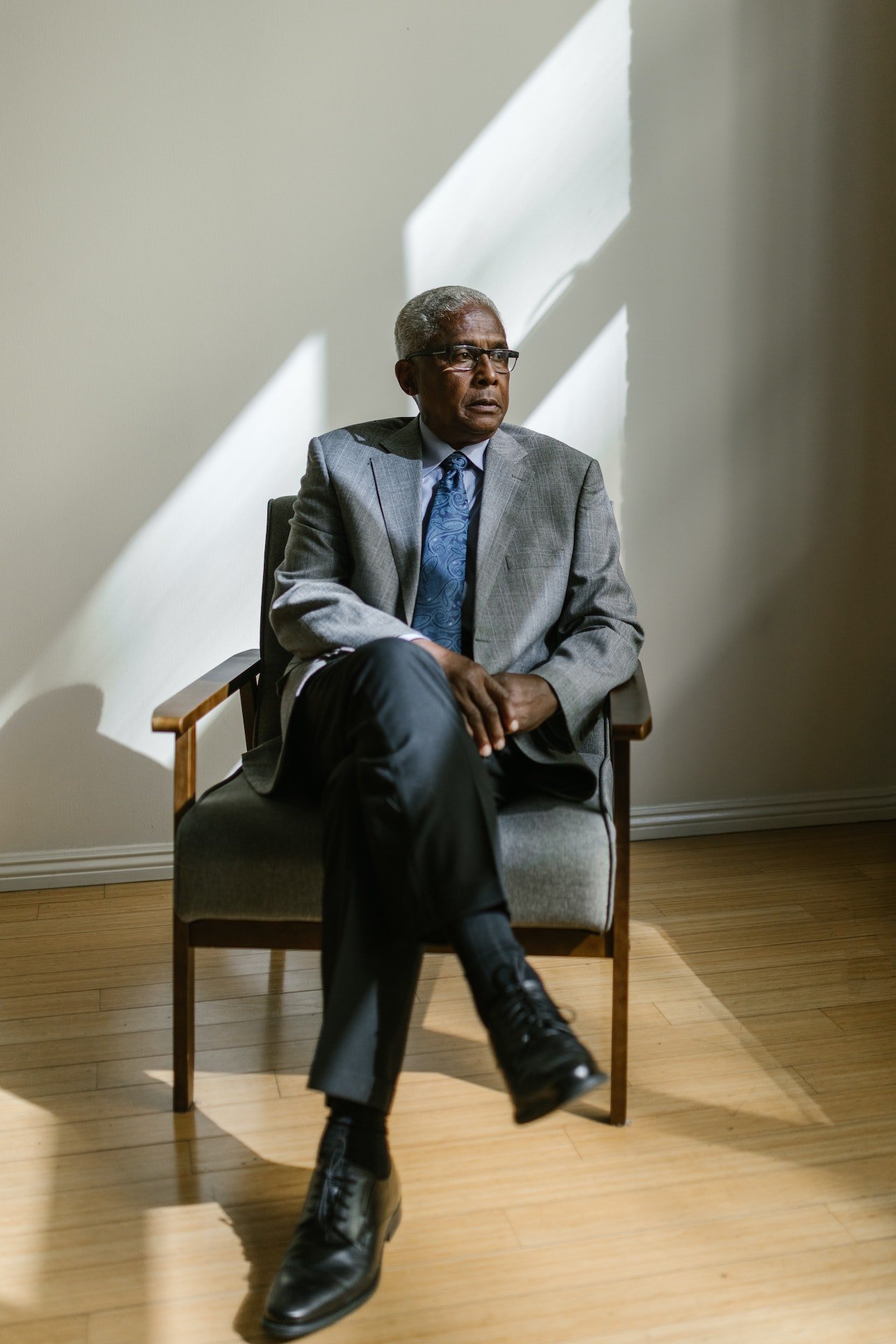People’s ability to move or change jobs as they age is becoming increasingly important. This is because more Black professionals want or need to work for extended periods. While many UK employers claim to care about ageism in the workplace, they take no action to address it. Although 85% of managers stated that their company was inclusive. Only 5% believed that older workers were underrepresented and reported taking proactive steps to hire them. Moreover, this is worrying given that more than a third of people aged 50 to 69 believe their age will harm them when searching for jobs.
Ageism in the UK workplace
Age is one such factor that has the potential to have an impact on almost all workers throughout their careers. Stereotypes, prejudice, or discrimination against people based on their chronological age are considered to be examples of ageism. It can range from denying applicants because they are nearing retirement to delegating an older employee’s responsibilities to a younger employee.
Ageism is rife in businesses, with 52% of job seekers over 50 stating that because of their age, they were less likely to receive employment offers. Like other forms of prejudice, ageism significantly impacts our sense of self-worth, our health, and how we navigate daily life.
The Impact of Ageism on Black Professionals
Although mostly perceived as unfavourable, the impact of ageism depends significantly on the role, economy, and type of industry. There are instances when older workers are seen as more reliable. However, the bad outweighs the good. According to a study, more senior Black professionals face stereotypes such as being less adaptable, lacking physical strength, having no technological know-how, likely not to change and being less trainable.
Unfair interview process
During the interview process, age discrimination is most noticeable. Many employers assess candidates subtly by asking questions about retirement, their ability to adapt to recent trends, and if they are comfortable having younger colleagues. This can lead to candidates feeling out of place.
Isolating older employees
Another way ageism shows up is when older employees are left out. In corporate and social events, most older workers feel isolated. For example, if a company organises an outdoor event that requires a lot of physical activities, the possibility of excluding older workers is high.
Ignoring older workers for promotion
Workplace incentives like raises, bonuses, and promotions are typically a reflection of an employee’s job performance. They may indicate ageism if you frequently pass over older workers in favour of younger workers.
How BYP Job Boards support Black professionals
Age discrimination in the workforce will continue to impede economic growth. Given that ageism often begins during the hiring process, employers should work with their internal hiring managers or external recruiters to ensure no biases.
Employers must combat ageism at all stages of the hiring process or risk losing out on the knowledge and experience that older workers offer. At BYP, we are committed to changing the Black narrative, and we do so by partnering with companies that support Black professionals’ growth. Discover more opportunities on our Job board.






